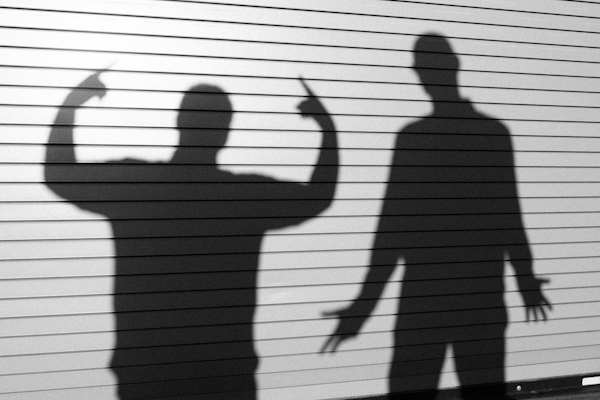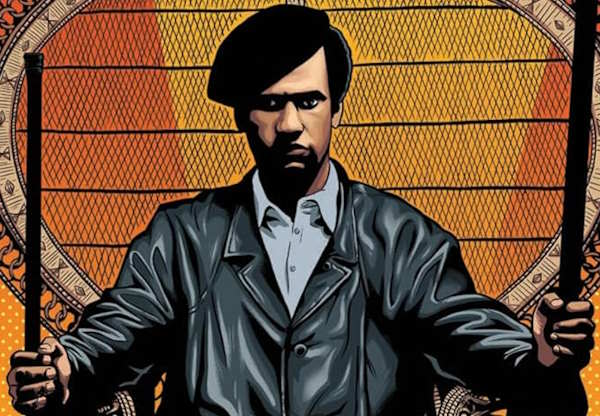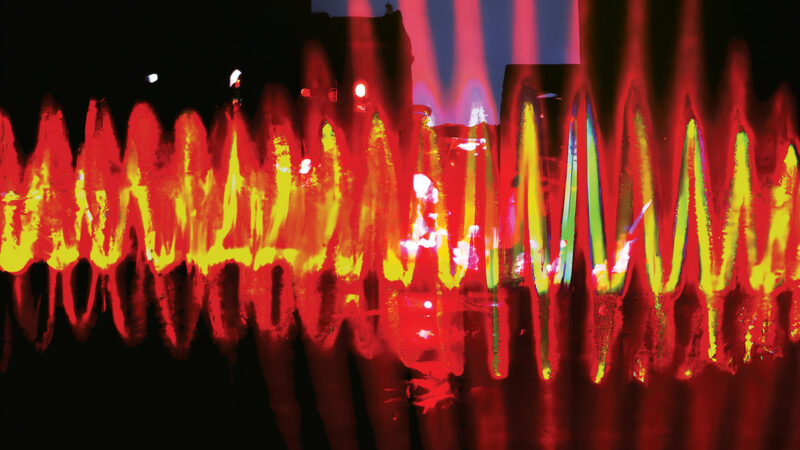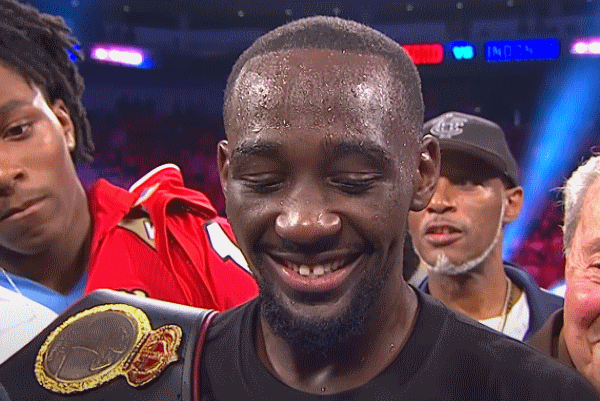In a world dominated by social media, everything now occurs at an accelerated pace resulting in rampant short-term memory. As a result, the public’s collective memory has diminished. More than ever, the present is all that matters, which allows endless opportunities for Hollywood to restore their once mighty brand names. In any other era, a bad movie might’ve killed a once powerful franchise. That is clearly no longer the case. This past week, Spider-Man was the latest big screen superhero to receive the “reboot treatment.” That he isn’t any better for it speaks to the America’s inability to actually own up to past mistakes while at the same time moving forward.
Like anything else in Hollywood, reboots are all essentially about money. They can be a great thing if done well, and for the right reasons. Some franchises desperately need a clean slate and a shot of adrenaline, guided by a steady hand and a strong vision. Unfortunately that methodoly has been forgotten by an institution that views a reboot as an easy fix. Reboots allow studios to hold on to property licenses that are in danger of reverting back to their parent companies and creators. The need to cling to a lucrative property was clearly the driving force behind The Amazing Spider-Man.
The very short population of superhero reboots have met with varying degrees of success. The Batman franchise petered out under director Joel Schumacher’s watch after his campy day-glow aesthetic rubbed both hardcore fans and general audiences the wrong way. 1997’s Batman & Robin effectively deaded the Batman franchise. Still, the character represented a significant dollar value to Warner Brothers studios, and they refused to let him die an undignified death.
They planned a new film that would reintroduce the character to his public, based on Frank Miller’s seminal Batman: Year One. The job ultimately fell to indie favorite Christopher Nolan, whose film Memento played with narrative chronology and themes of identity. He took a more realistic approach to Batman, rooting his many gadgets in scientific application and used the Bruce Wayne/Batman dichotomy to explore notions of identity and duty. His approach worked, and seemed to ground the hero in the public’s collective imagination in a way that no filmmaker had before.
Marvel Studios decided to try the same thing with The Incredible Hulk. In 2003, audiences rejected director Ang Lee’s Hulk, which mixed abstract visuals with Freudian themes and sparse action. Marvel decided that something less pretentious and more traditional was needed to give the green goliath a second shot at Box office success. Such notions produced 2008’s The Incredible Hulk, a film more tailored to mass audience tastes than Ang Lee’s iteration. It was also infinitely less interesting and far more generic. Audiences had finally gotten what they’d been clamoring for since 2003: A bland, generic sci-fi/actioner that played more like the TV show that many of them grew up with. It remains the most ineffectual Marvel Studios production to date.
A similar fate has now befallen the Spider-Man franchise. Director Sam Raimi and star Tobey McGuire scored huge with 2002’s Spider-Man. Critics and audiences alike were quite taken with it. It kicked Hollywood’s superhero boom into high gear. Spider-Man 2 signified an artistic high point for the genre.
But Spider-Man 3 was a monumental disappointment. When preparations began for the fourth entry, talks between Raimi and Sony pictures eventually broke down. Sony ultimately decided to move ahead without Raimi and McGuire and decided try something more akin to the “dark and gritty” aesthetic that fans often swear by. Spidey would be reborn, this time with his trusty web-shooters and his trademark wisecracks. It would also retell the same origin story that was told just ten years before.
Many fans met this news with open arms, to the point where many have taken to mercilessly slamming Raimi’s trilogy in recent weeks. Why shouldn’t they? Comic book readers have become accustomed to their favorite titles being relaunched, especially when the continuity becomes too convoluted. If it can work in one medium, why not another?
I wonder how those same fans will feel once they actually see the finished film. Coming on the heels of The Avengers, The Amazing Spider-Man feels hopelessly generic. The tonal shift from Raimi’s trilogy is jarring, not to mention misguided. The rehashing of Spidey’s origin is the most unnecessary choice the filmmakers could have possibly made. It makes the first act feel tedious. When the action starts, the film essentially turns onto Death Wish with a few sci-fi embellishments thrown in for good measure.
Raimi’s films may not have been perfect, but they vision, style, and a sense of fun. The Amazing Spider-Man is sorely lacking in all three. A note to the fanboys of the world: Newer doesn’t necessarily mean better. Neither does “darker and grittier” for that matter. The past doesn’t always have to be completely swept away, or hidden, in order to build a better tomorrow.
Follow Us on Twitter @ http://twitter.com/planetill
Become a citizen of Planet Ill. Join our Forums
Join Us on the Planet Ill Facebook Group for more discussion
Follow us on Networked Blogs






